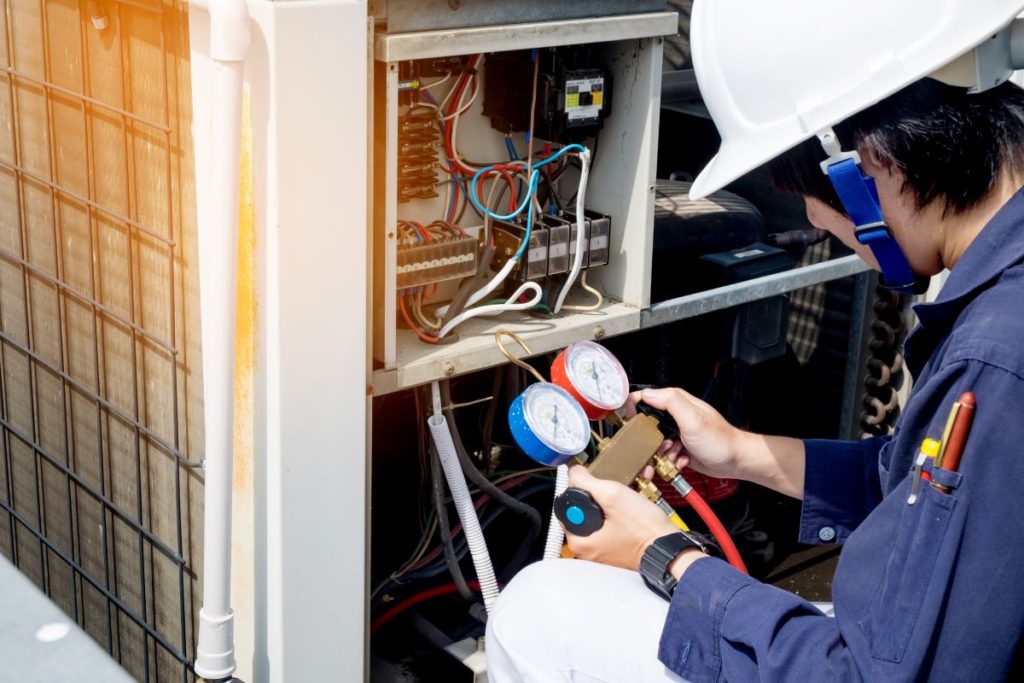If there’s one thing the pandemic taught us, it’s that our health and our family’s health should always be our priority. Everyone is staying at home to avoid the virus. But what if your home is making you sick a well? How healthy do you think your home is? Here’s a list of things inside your home that could make you sick and what you can do about it:
1. Pests
Whether insects or rodents, no one wants pests in their house. They bring in diseases, allergens, and feces into our homes. Not only that, but they might be damaging your house as well. Rodents can chew on your wiring and mites can destroy your furniture. If you let one of them in, chances are they’ll spread, and they’ll spread quickly. You don’t want that.
The moment you realize there are pests in your home it’s best you get rid of them as soon as possible. It’s recommended to work with a reliable pest control company, such as Rogue Pest Solutions before the problem gets out of hand.
2. Mold
Have you checked your bathroom lately? What about your laundry room or basement? These places are usually where mold tends to grow. Any warm, humid environment will attract mold. And once it finds its way onto the walls or ceilings of your home, it may be hard to get rid of them. This is a big problem because mold spores can cause allergic reactions or severe respiratory problems, such as aspergillosis.
There are two ways you can prevent mold from growing in your homes. The first is by ensuring proper ventilation. Make sure to have vents in areas that are humid or have water. That means your bathroom, laundry room, basement, and kitchen. And if you don’t have vents at least keep a window open while taking a shower, doing the laundry, or while you’re cooking.
Another way to prevent mold is by controlling the humidity levels in your home. The Environmental Protection Agency suggests you aim for a humidity level below 60%. Use dehumidifiers and place them in areas where mold is likely to grow.
3. Radon
When uranium in the soil breaks down an invisible and odorless, radioactive gas releases. This radioactive gas is also known as radon. When radon goes into the outdoor air it gets diluted, hence it is not a concern. But if it gets trapped inside your home it can accumulate at high levels and become a health hazard. If there is an opening, such as a crack, in your home that touches the ground, radon can come into your home.
Radon exposure is the number one reason for lung cancer in non-smokers. To test if you have radon in your home you can get a radon test kit. If it’s too high you will need to get someone to perform sub-soil depressurization in your home.
4. Carbon Monoxide
Another dangerous gas that causes 400 deaths per year is carbon monoxide. It can get into your home through your stoves, fireplaces, grills, generators, or cars. Carbon monoxide poisoning has flu-like symptoms. But you’ll know it isn’t the flu because as soon as you leave the area, you’ll start feeling better.
Like radon, carbon monoxide is invisible and odorless. But there are carbon monoxide detectors available in the market. They act like smoke alarms when they detect high levels of carbon monoxide in your homes. So make sure to install these detectors at home.

5. HVAC System
Contrary to popular belief, air conditioners don’t get air from outside. It only recirculates the air you already have indoors. This is not entirely a bad thing because at least you know the problem is inside your home and not outside, making it easier for you to solve whatever air quality issues you may have. If you have pets, pet dander can get easily trapped inside your HVAC system, together with other dirt and possible allergens.
If you notice that your HVAC system isn’t working as smoothly as before it may be dirty, you have to get it cleaned. Getting your HVAC system cleaned will not only make it perform better; you’ll also be able to breathe better and avoid getting sick.
If you’ve been staying at home but still notice you’ve been getting sick, it might not be the virus; it just might be your home. If you want to stay healthy during a time like this, you’ve got to make sure your home is healthy too. Make sure to inspect and clean your home regularly while you have the time. You might be safe from the virus, but there might be things in your home making you sick as well.

